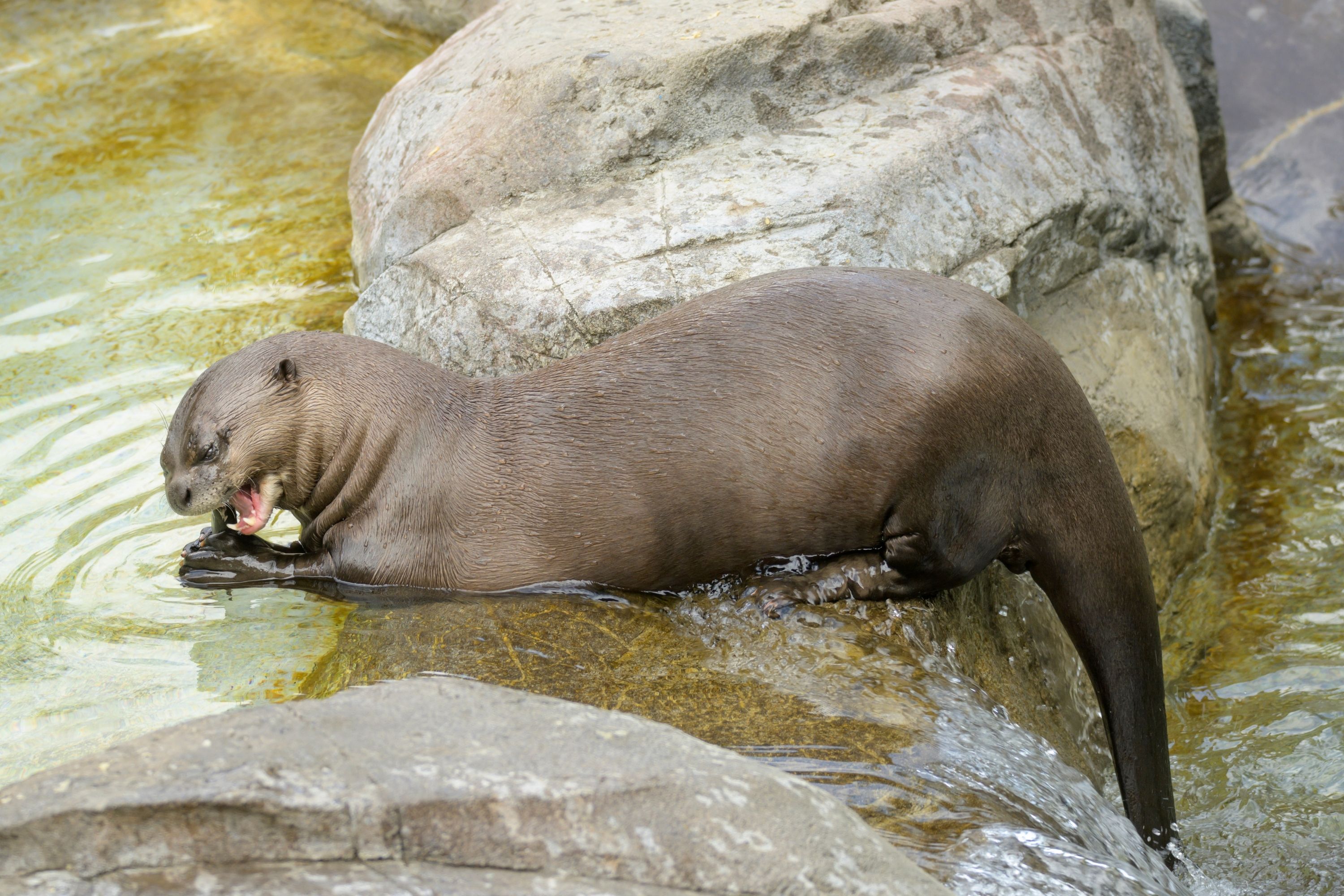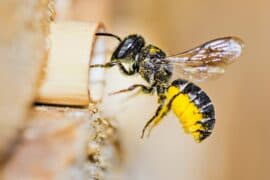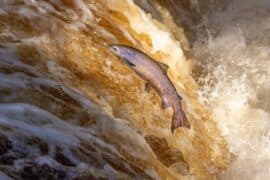Southern river otter
(Lontra provocax)

Description
The southern river otter (Lontra provocax) is a species of otter that lives in Chile and Argentina. Although called a "river otter", it inhabits both marine and freshwater environments. It sometimes is considered a subspecies of Lontra canadensis. The southern river otter is listed as endangered, due to illegal hunting, water pollution, and habitat loss. This medium-sized otter's body can grow up to 2.5 ft (70 cm) long, with a tail adding about 16 in (40 cm). Body weight averages about 5–10 kg (11-22 lbs). Its fur is dark-brown on the top and has a lighter cinnamon color on its underside. The southern river otter can be found in marine, freshwater, and terrestrial habitats, but are mostly found in freshwater lakes and rivers having a significant amount of dense vegetation, especially along the shorelines, which must be present to use as cover. Their habitats also need the root systems of mature trees, as well as fallen tree debris. Although the female and her young will live in family groups, males are usually solitary. Litter sizes average one to two pups, but up to four can be born at a time. Their diets include fish, crustaceans, mollusks, and birds. Southern river otters were vigorously hunted for their pelts throughout the last 100 years. This is the major cause of their current low population numbers and endangered conservation status. Since then, they have not been able to recover due to a number of other threats. At this point, only seven known populations of this species are found throughout Chile and Argentina, and all of the populations are isolated from each other. The riparian forests and rivers in which these otters are mostly found have been disturbed by human presence. Dam and road construction, as well as stream canalization and drainage for agriculture destroy many acres of what could be habitat for this species. Though Argentina began passing legislation in 1960 to outlaw the hunting of the southern river otter, hunting still does occur because of the lack of enforcement. Hunting is legal and does occur in Chile. The continual decrease in prey numbers also causes problems for the southern river otter. Some invasive aquatic species that have been introduced into that area are limiting the mollusks and fish available for otter prey. This causes the otters to move to other freshwater systems to hunt for food.
Taxonomic tree:







